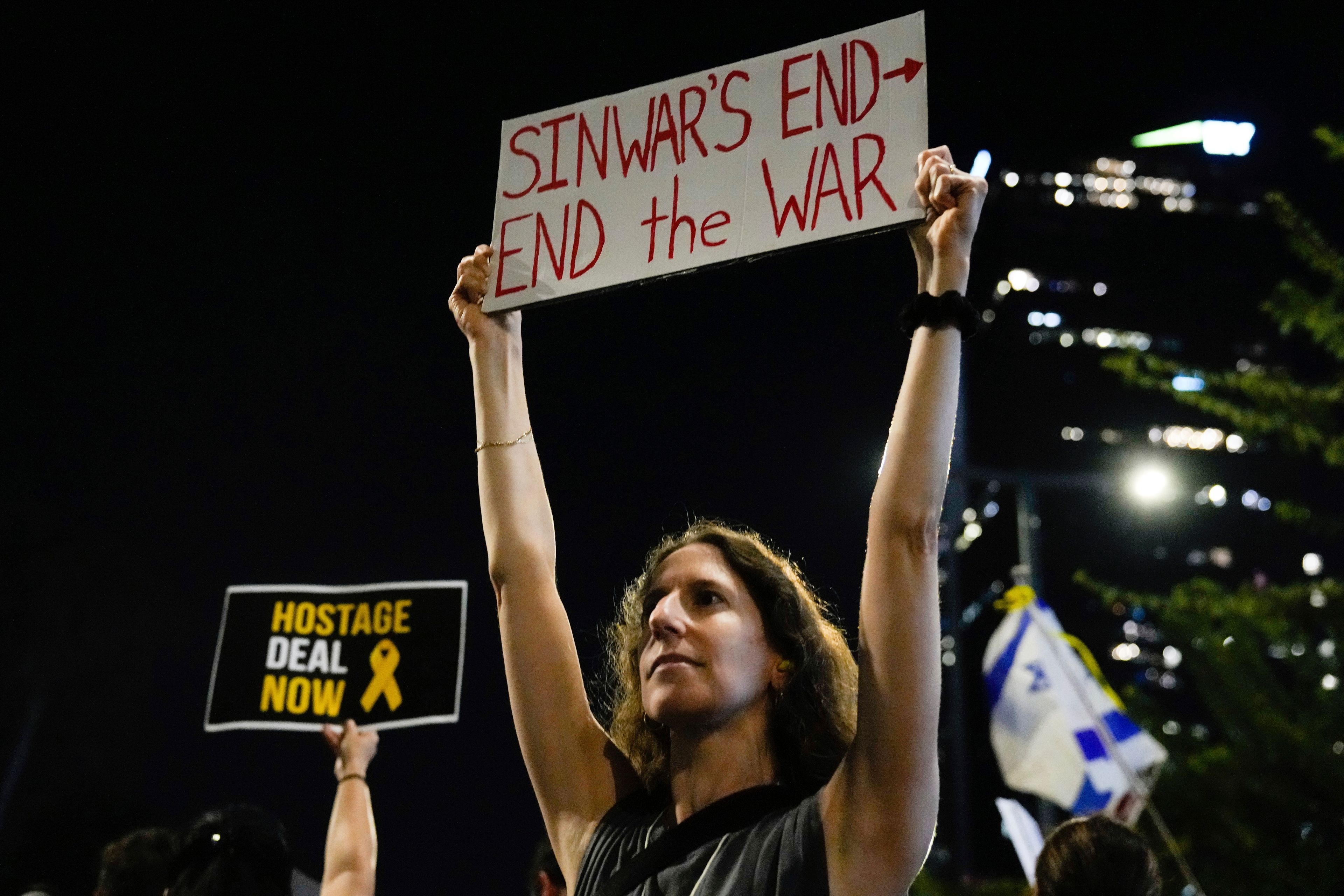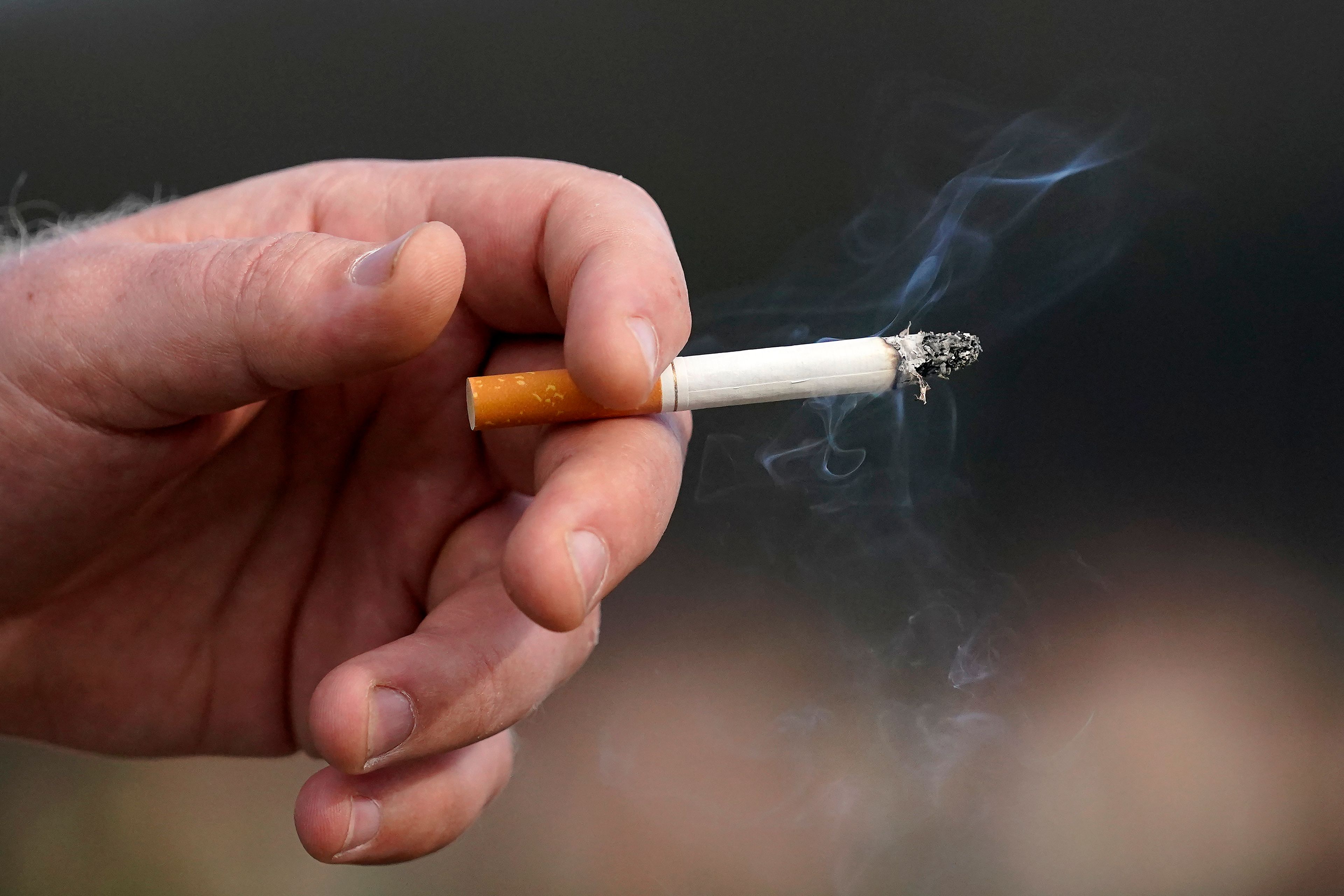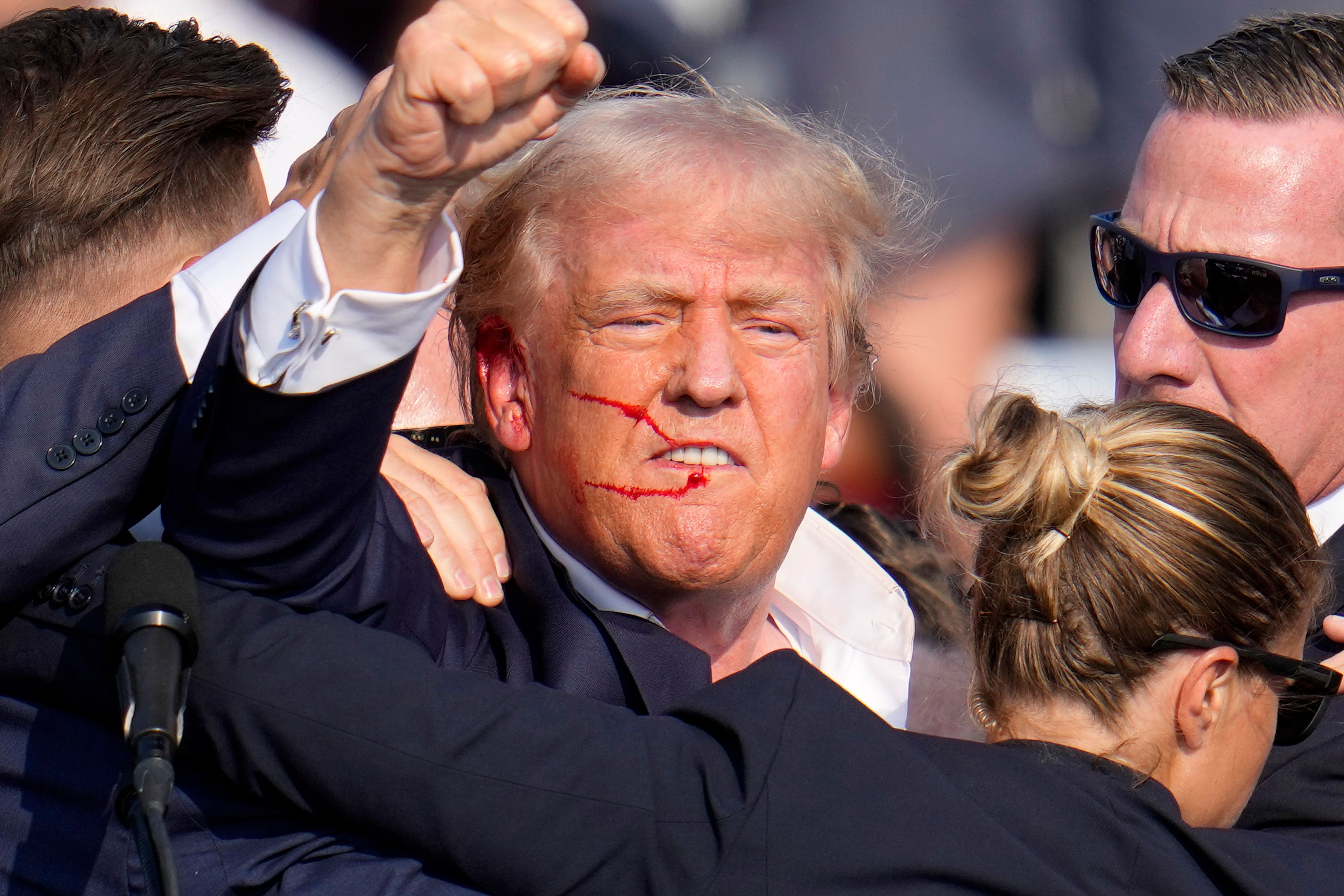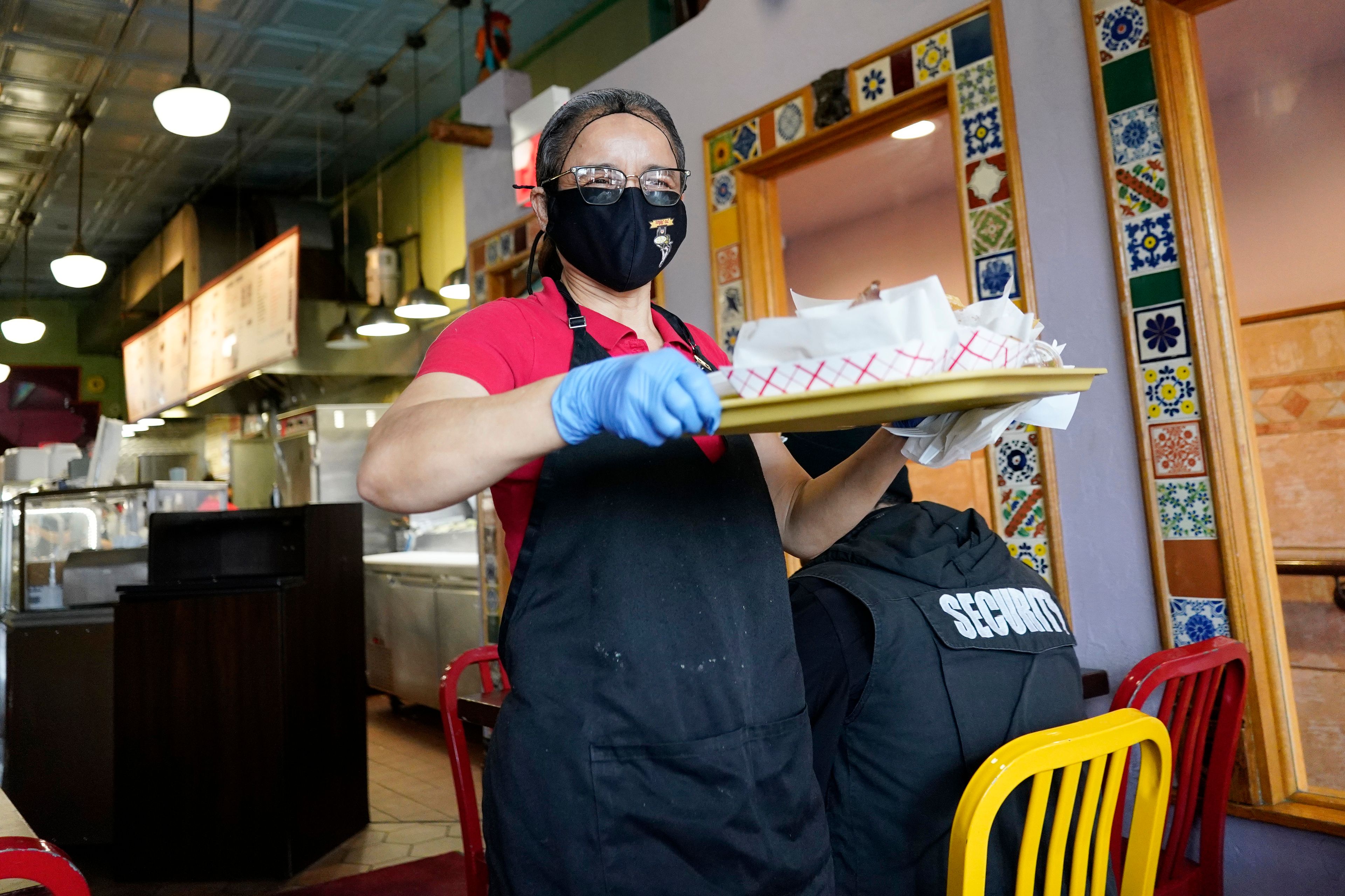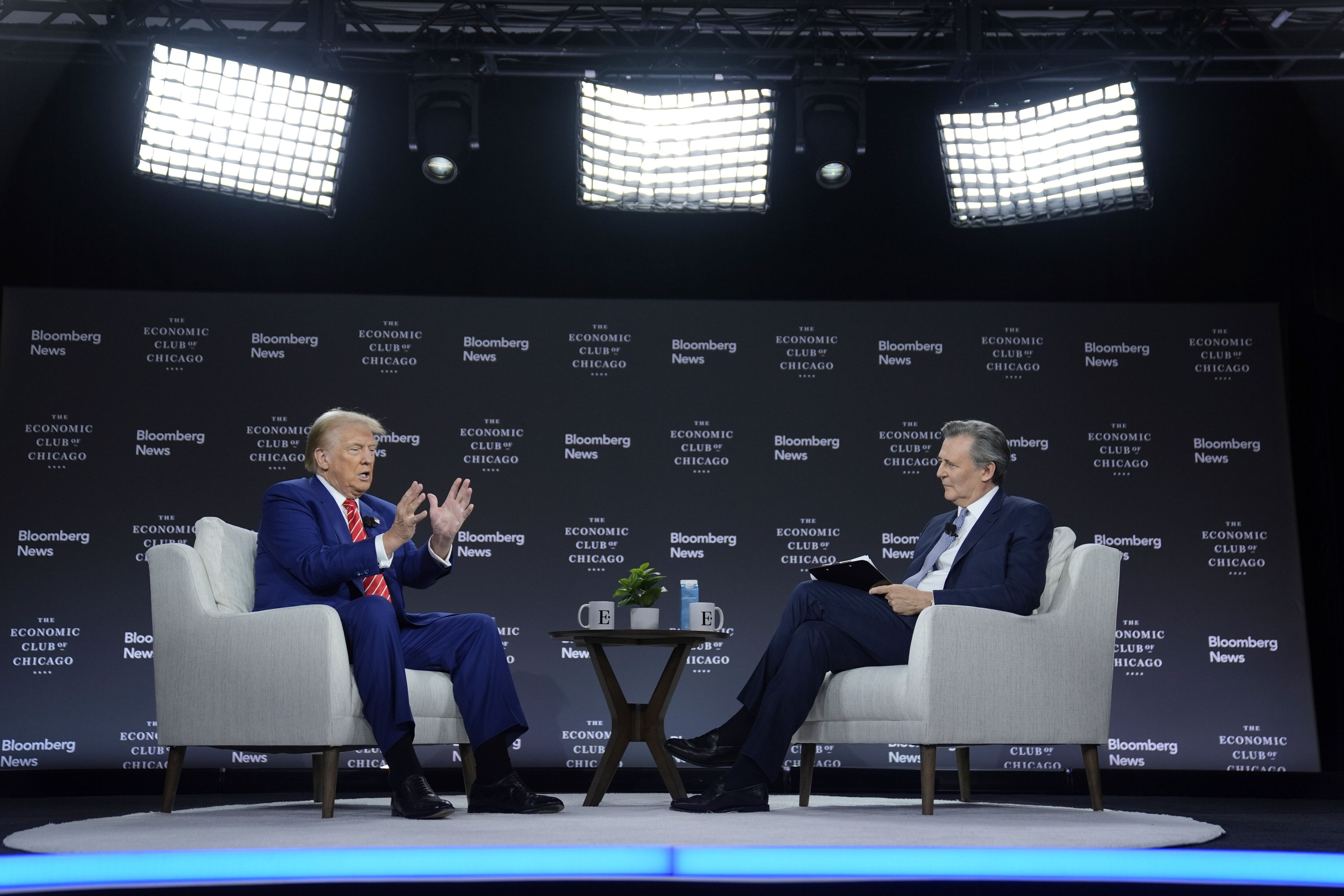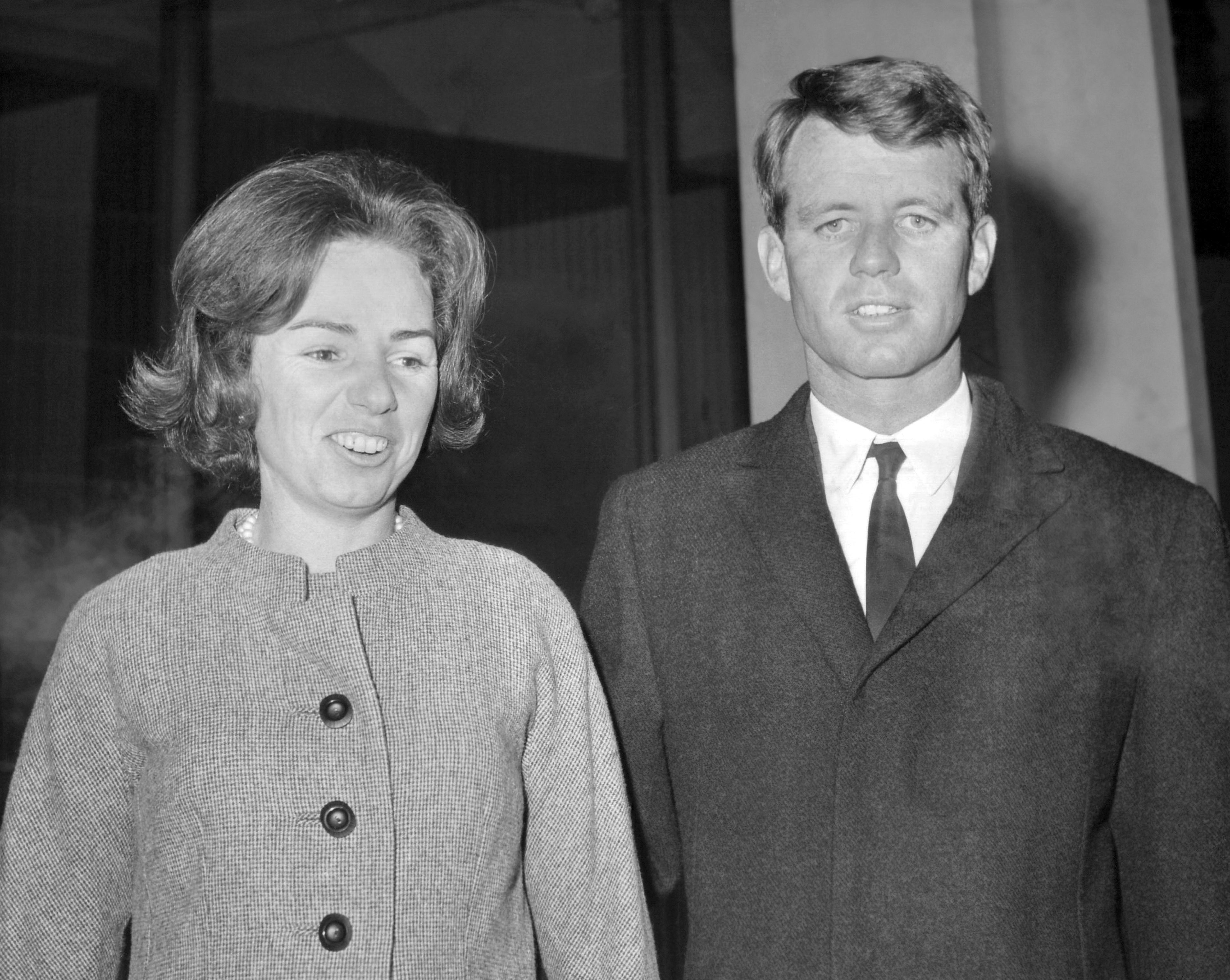In last words to jury, prosecution says convict Trump for conspiracy to ‘manipulate and defraud’ voters, defense slams ‘greatest liar of all time’ Michael Cohen
NEW YORK — Donald Trump’s hush money payment to porn star Stormy Daniels was part of a conspiracy to “hoodwink” the voting public in 2016, a Manhattan prosecutor thundered Tuesday in marathon closing arguments at the historic trial that could lead to the first criminal conviction of a former president.
“Democracy gives the people the right to elect their leaders, but that rests on the premise that voters have access to accurate information about the candidates,” Assistant District Attorney Joshua Steinglass said in Manhattan Supreme Court.
In his closing argument that saw jurors and scores of reporters at 100 Centre St. from dusk until dawn, Steinglass recapped the prosecution’s monthlong case, which he said came down to “a conspiracy and a cover-up” demonstrated by “powerful” and overwhelming evidence.
He repeatedly cited the August 2015 Trump Tower meeting in which Michael Cohen, Trump and supermarket tabloid publisher David Pecker allegedly hatched a plan to boost Trump’s presidential candidacy by planting positive stories about him and repressing negative ones — culminating with the payoff to Daniels right before the election to keep quiet about her allegations she’d slept with Trump in 2006, a tryst he continues to deny.
“The entire purpose of this meeting at Trump Tower was to deny that access,” Steinglass said. “To manipulate and defraud the voters. To pull the wool over their eyes in coordinated fashion.”
In his closing, the fuming defendant’s attorney, Todd Blanche, countered that the case was built on scant evidence, assailing the star witness, Cohen, as a liar and calling the charges “absurd.”
“Every campaign in this country is a conspiracy to promote a candidate, a group of people who are working together to help somebody win,” Blanche said.
Trump, 77, has pleaded not guilty to 34 felony counts of falsification of business records, which are each tied to his alleged reimbursement to Cohen for paying off Daniels. Prosecutors say the payments were falsely logged as compensation for legal services, not reimbursement for hush money. His former fixer was convicted of federal charges and sent to prison in 2018 after admitting he violated campaign finance laws in issuing the payoff to Daniels for Trump.
The nondisclosure deal inked 11 days out from the 2016 election “could very well be what got President Trump elected,” Steinglass said.
Over some three hours, the defense threw everything it could at the wall to undercut the monthslong case against Trump, taking shots at Cohen, Daniels, and her former lawyer, Keith Davidson and asking jurors to question why they didn’t hear from other critical players like former Trump Organization executive Allen Weisselberg, who Cohen said dictated the plan to pay him back.
Blanche sought to cast doubt on the “catch-and-kill” scheme, arguing the media-savvy Trump and Pecker were too “sophisticated” to believe stories in The National Enquirer could influence an election “millions and millions” of people voted in. Steinglass later pointed to Pecker’s testimony that the “only thing that’s important” is the cover of the supermarket tabloid seen by millions of Americans in the checkout line.
Blanche painted Cohen a vengeful liar with an “ax to grind” and labeled him the “GLOAT:” Greatest Liar of All Time.
“He lied many, many times before you even met him,” the attorney said. “His financial and personal well-being depend on this case. He is biased and motivated to tell you a story that is not true.”
Blanche said Trump was too busy running the country in his new gig as commander-in-chief to pay attention to the ins and outs of monthly $35,000 checks he signed for Cohen from the White House in 2017. He highlighted Cohen’s admission about stealing from the Trump Organization when he billed an additional $30,000 for an out-of-pocket expense also filed when he sought payback for Daniels’ hush money.
Later, Steinglass said that specific line of attack posed a problem for the defense, clashing with its position that Cohen’s monthly checks for some 10 hours of work in 2017 were compensation for his legitimate legal services as the president’s personal attorney.
“If that’s true, then there was no theft, right?” the prosecutor said. “They can call him a thief or claim this wasn’t reimbursement, but not both.”
Steinglass pointed to the late 2016 release of an infamous “Access Hollywood” tape in which Trump was caught boasting of sexual assault. While Blanche claimed that wasn’t a “doomsday event” for the Trump campaign, the prosecutor pointed to testimony from witnesses including former Trump campaign aide Hope Hicks, who said the incident rocked the campaign to its core. Steinglass also argued Cohen “was negotiating to muzzle a porn star” on Trump’s behalf while the campaign dealt with fallout from the tape, fearing the Daniels’ claims would tip Trump over the edge with female voters.
Steinglass pointed to testimony from Trump’s former White House executive assistant Madeleine Westerhout about how leaders at the Republican National Convention talked about replacing Trump.
“Daniels was a walking, talking reminder that the defendant was not only words — she would have totally undermined his strategy for spinning away the ‘Access Hollywood’ tape” as locker room talk, the prosecutor said.
Trump walked into court at 9:25 a.m. — for the first time, joined by both of his older sons, his youngest daughter, Tiffany Trump, an army of lawyers, and various allies and campaign staffers. District Attorney Alvin Bragg watched summations from the courtroom’s front row.
Throughout the trial, the defense has sought to depict Trump as a family man who was concerned about his reputation at home — and not the election — amid the Daniels payoffs.
Steinglass countered it might have been uncomfortable to hear Daniels’ account, but insisted it was necessary to establish her credibility and show what the hush money bought.
“Her story is messy. It makes people uncomfortable to hear. It probably makes some of you uncomfortable to hear. But that’s kind of the point,” the prosecutor said.
“In the simplest terms, Stormy Daniels is the motive,” he added.
Later, the prosecutor said the timing of the payment left little to the imagination.
“It’s no coincidence that the sex happened in 2006 but the payoff didn’t take place until 11 days before the 2016 election,” said Steinglass.
“And that’s because the defendant’s primary concern was not his family, but the election.”
©2024 New York Daily News. Visit at nydailynews.com. Distributed by Tribune Content Agency, LLC.

